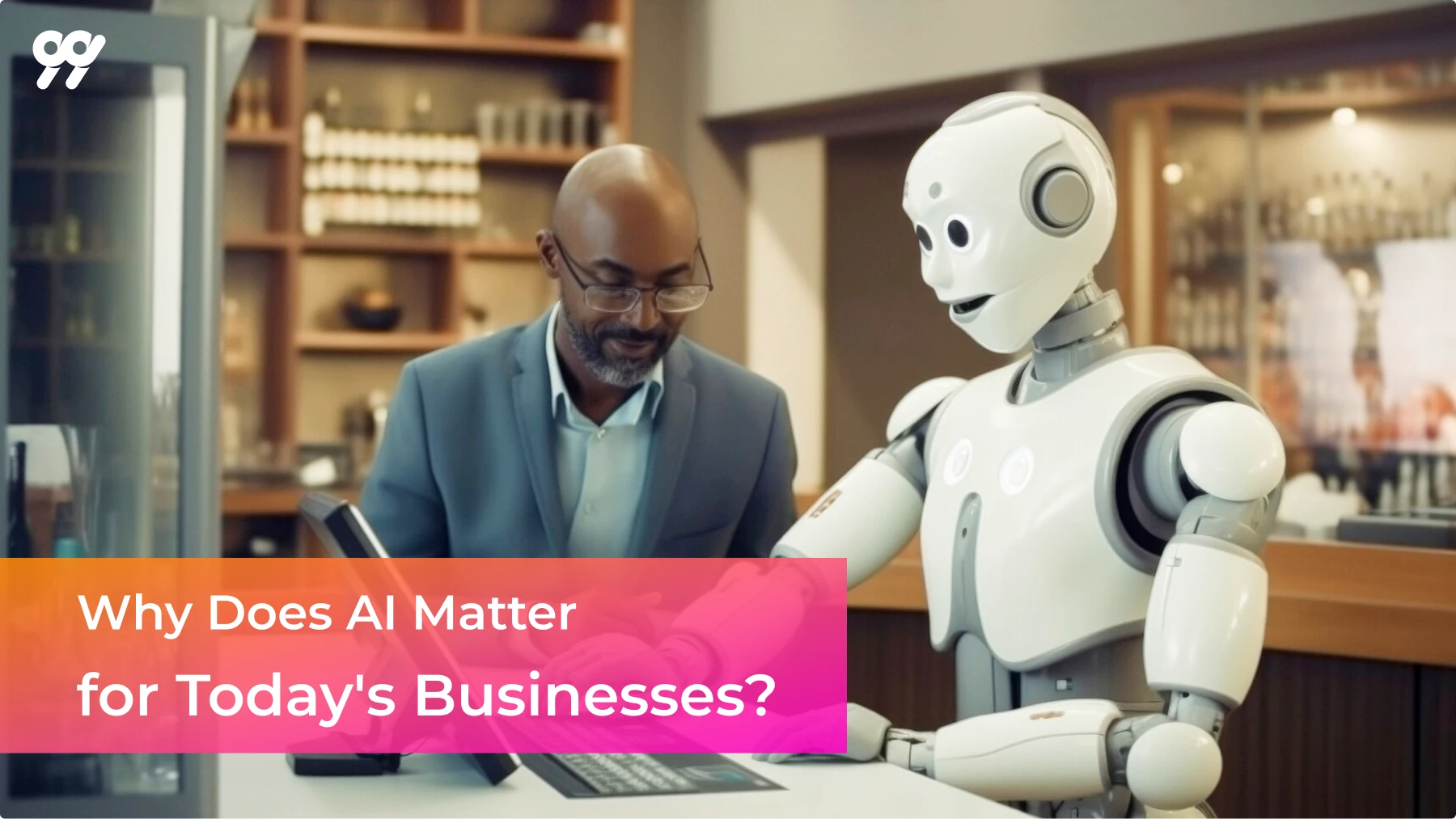
Soniya

Artificial Intelligence (AI) in customer engagement refers to using machine learning, natural language processing (NLP), and predictive analytics to enhance how businesses interact with their customers. This includes chatbots, personalized recommendations, and automated responses that ensure 24/7 support.
Table of Contents:
Customers expect instant support and personalized interactions in todays fast-paced digital landscape. AI tools, particularly conversational AI, enable businesses to meet these expectations efficiently. Moreover, improved engagement fosters loyalty increases sales, and creates a seamless customer journey.
AI-driven chatbots are revolutionizing customer support by delivering immediate, precise, and effective answers. In contrast to conventional approaches that could leave customers waiting for hours or even days for assistance, chatbots function around the clock. This signifies that regardless of whether a customer has a question during business hours or late at night, they can obtain prompt support.
These bots can manage common inquiries, resolve simple issues, and also refer complicated problems to humans as required. By shortening wait times and providing prompt solutions, AI reduces customer irritation and improves overall satisfaction.
For example, platforms like Netflix and Spotify use AI to recommend content based on user behavior, ensuring that each customer receives a more engaging experience that keeps them coming back.
E-commerce companies like Amazon utilize artificial intelligence (AI) to predict demand and optimize inventory control, ensuring that products are stocked in line with customer preferences.
In addition, tools for sentiment analysis driven by AI enable businesses to monitor customer satisfaction instantly, facilitating quick problem-solving and enhancing loyalty.
For example, AI is used by hotel chains and airlines to deliver offers and reminders, increasing the chance of repeat business.

Predictive analytics, a crucial component of AI for customer engagement, makes predictions about future behavior using data that is currently available. By looking for trends, AI systems can identify clients who are in danger and offer strategies to re-engage them, such as customized promotions or loyalty incentives.
Example: Telecom companies use predictive models to identify customers likely to cancel their contracts, offering them discounted plans or perks to retain them.
AI-powered chatbots and virtual helpers are revolutionizing customer service by providing immediate support around the clock. By employing natural language processing (NLP), they can understand customer inquiries and provide prompt, precise responses.
These systems decrease waiting periods and improve overall customer contentment. By managing routine activities like order monitoring and responding to common inquiries, chatbots allow human agents to concentrate on more difficult problems.
Example: Chatbots used by companies like H&M and Sephora offer product recommendations, help with size queries, and even guide customers through the purchase process.
Example: Brands like Nike and Apple use sentiment analysis tools to monitor social media and customer reviews, adjusting their strategies based on public perception.

Suggestion: AI-powered search engines are becoming essential for online purchasing. By analyzing user behavior, past purchases, and preferences, AI generates highly relevant product recommendations that increase the likelihood that a purchase will be made.
Example: Example: Amazons AI-powered recommendation system suggests products based on user behavior, driving an increase in sales and improving the customer experience.
Example: AI chatbots used by companies like Dominos and Zappos have become integral to their customer service strategies, offering swift and consistent responses.
Example: Adobes AI-powered platform uses customer data to deliver personalized content and marketing materials, ensuring more effective campaigns across channels.
Even while AI is very good at automating repetitive tasks and interactions, businesses still need to ensure that the human touch is needed. Interactions could become impersonal if AI is used excessively. Finding the perfect mix between automation and human involvement is essential for building strong client connections, especially when handling delicate or complex issues.
AI for customer engagement mostly relies on customer data to personalize experiences. Data security and privacy are called into doubt by this. Companies need to implement strict measures to safeguard consumer information, adhere to regulations like the GDPR, and guarantee clear data usage to retain their customers trust.
It is predicted that conversational AI will significantly advance AI in customer interaction in the future. With improvements in speech recognition and natural language processing, AI will be able to handle ever-more complex customer requests and provide even more personalized, seamless experiences.
AI is increasingly being included in the omnichannel strategy to deliver a consistent customer experience across several platforms, including mobile, in-store, and online. By ensuring AI can deliver personalized interactions across all touchpoints, businesses can offer a unified and seamless experience.
The way businesses create content could be revolutionized by generative AI. AI will enable businesses to produce content at scale, further enhancing personalization in everything from unique marketing campaigns to tailored product descriptions.
This not only enhances customer satisfaction and loyalty but also provides businesses with valuable insights to make more informed decisions. As AI evolves, it will keep influencing the customer journey, allowing businesses to remain competitive in a fast-changing market.
Companies such as 99minds are already leveraging AI-driven solutions to improve customer engagement and deliver personalized services that support relationships and produce superior results.
Businesses will be able to scale their engagement activities efficiently without compromising a human touch as AI advances, which holds great promise for customer contact. By offering real-time information, automation, and responsive, relevant, and personalized experiences, artificial intelligence is enhancing how businesses interact with their clients.
As businesses continue to enhance their application of AI for customer engagement, they can elevate service delivery, provide a more seamless and integrated experience, and build customer loyalty. By implementing AI technologies, companies like 99minds can better address their clients’ needs, gain a competitive edge in the market, and ensure long-term success.